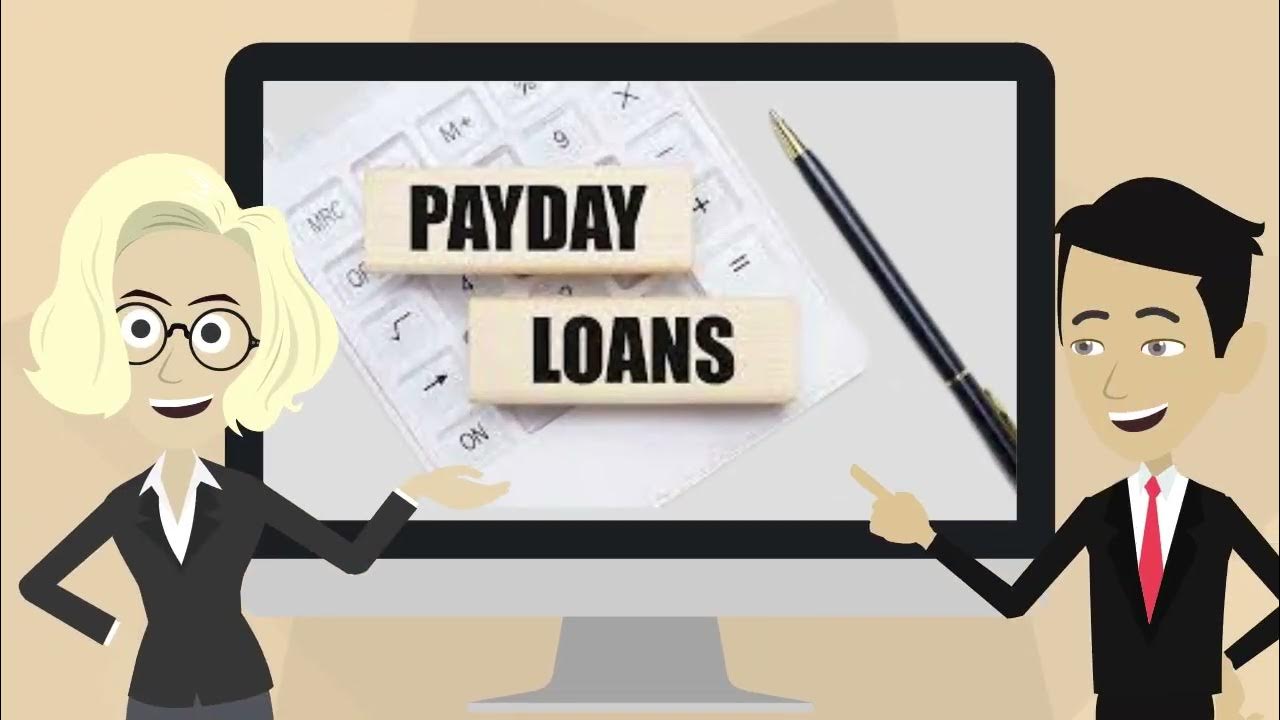Small Payday Loans Online No Credit Check Texas

Desperate Texans, squeezed by rising living costs and unforeseen emergencies, are increasingly turning to online "small payday loans" promising quick cash with "no credit check." But these seemingly simple solutions often mask a complex web of exorbitant interest rates, hidden fees, and potential debt traps, leaving borrowers in a worse financial situation than before.
The allure of instant financial relief offered by these online lenders can be powerful, especially for those with limited access to traditional banking services or poor credit histories. But the reality is often far from the advertised convenience, raising critical questions about consumer protection and the long-term consequences for vulnerable Texans.
The Appeal and the Reality
The core appeal of small payday loans online, particularly those advertised with "no credit check" in Texas, lies in their accessibility and speed. These lenders typically require minimal documentation – often just proof of income and a bank account – and promise near-instant approval and fund disbursement. This contrasts sharply with the often lengthy and cumbersome process of applying for traditional loans from banks or credit unions.
However, this ease of access comes at a steep price. Payday loans are notorious for their extremely high interest rates, often expressed as an Annual Percentage Rate (APR) that can soar into the triple digits, far exceeding the rates charged by traditional lenders. These high rates, coupled with short repayment periods (typically two weeks or a month), make it difficult for borrowers to repay the loan on time, leading to rollovers and additional fees.
Texas law allows payday lenders to charge fees that translate to extremely high APRs. The Office of the Consumer Credit Commissioner (OCCC) is responsible for regulating these lenders, but the current regulations allow for significant latitude in the fees and interest rates charged. According to OCCC data, the average APR for a payday loan in Texas can range from 400% to over 600%, depending on the loan amount and term.
The "No Credit Check" Myth
The promise of "no credit check" is another marketing tactic that requires careful scrutiny. While these lenders may not conduct a traditional credit inquiry with major credit bureaus like Experian, Equifax, or TransUnion, they often utilize alternative methods to assess a borrower's ability to repay. This may involve verifying employment, accessing bank account information, or using specialized credit scoring models.
The absence of a traditional credit check doesn't mean there are no consequences for defaulting on the loan. Lenders can still report delinquent accounts to credit reporting agencies, which can negatively impact a borrower's credit score. Furthermore, lenders can pursue legal action to recover the debt, potentially leading to wage garnishment or other financial hardships.
The Regulatory Landscape in Texas
Texas has a complex regulatory environment surrounding payday and auto title loans. While the state has some regulations in place, consumer advocates argue that they are insufficient to adequately protect borrowers from predatory lending practices. The OCCC provides information and resources for consumers, but its enforcement power is limited.
Efforts to strengthen regulations have faced significant resistance from the payday lending industry, which argues that stricter rules would drive them out of business and limit access to credit for those who need it most. This argument is often countered by consumer advocacy groups who point to the debt cycles and financial instability caused by these loans.
Several Texas cities have implemented local ordinances to regulate payday lenders, such as restricting loan amounts, limiting rollovers, and requiring lenders to register with the city. These local efforts have met with mixed success and are often challenged in court.
Alternative Solutions and Consumer Advice
For Texans facing financial difficulties, exploring alternative solutions before resorting to payday loans is crucial. These alternatives may include seeking assistance from local charities, negotiating payment plans with creditors, or exploring credit counseling services. Some community development financial institutions (CDFIs) offer small-dollar loans with more reasonable terms than payday lenders.
Budgeting is another key tool for managing finances and avoiding the need for emergency loans. Creating a budget can help individuals identify areas where they can cut expenses and save money, providing a buffer against unexpected financial challenges.
If a payday loan seems unavoidable, it's crucial to carefully read the terms and conditions before signing anything. Understand the interest rate, fees, repayment schedule, and consequences of default. Be wary of lenders who pressure you to borrow more than you need or who are not transparent about their fees.
The Future of Small Payday Loans in Texas
The debate surrounding payday lending in Texas is likely to continue, with consumer advocates pushing for stronger regulations and the industry defending its business practices. The increasing availability of online lenders adds another layer of complexity to the issue, as these lenders are often harder to regulate than brick-and-mortar stores.
Increased consumer education is vital to helping Texans make informed financial decisions and avoid the pitfalls of predatory lending. Non-profit organizations and government agencies can play a role in providing resources and information to help consumers understand their rights and options.
Ultimately, addressing the underlying economic factors that drive people to seek out payday loans – such as low wages, lack of access to affordable healthcare, and financial instability – is essential to creating a more equitable and sustainable financial system for all Texans. The reliance on short-term, high-interest loans is often a symptom of deeper systemic problems that require comprehensive solutions.





![Small Payday Loans Online No Credit Check Texas 1 Hour Payday Loans No Credit Check | [year] Guide](https://avocadoughtoast.com/wp-content/uploads/2022/02/1-Hour-Payday-Loans-No-Credit-Check.png)












